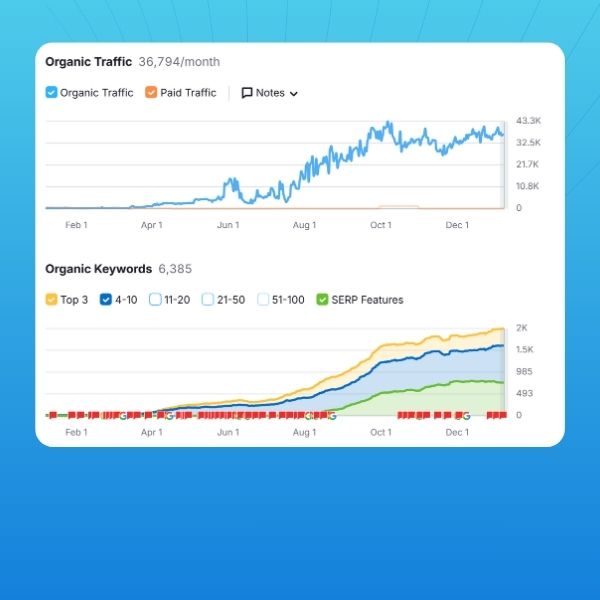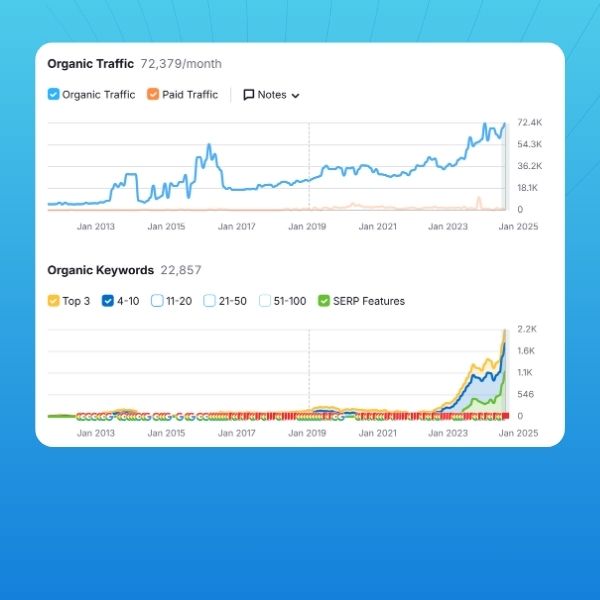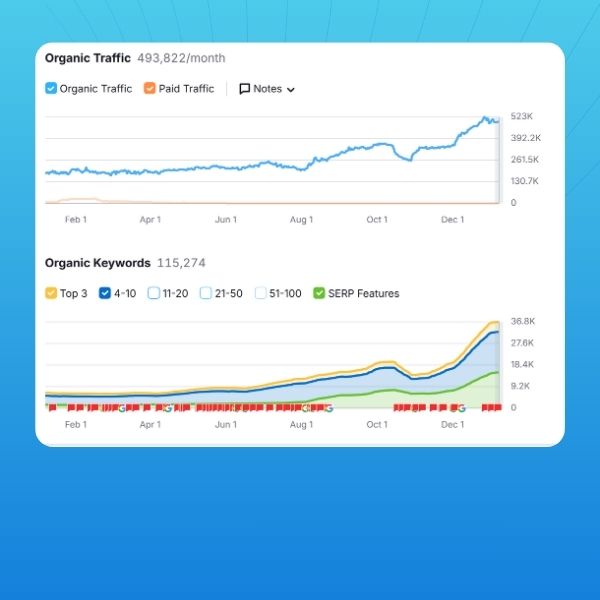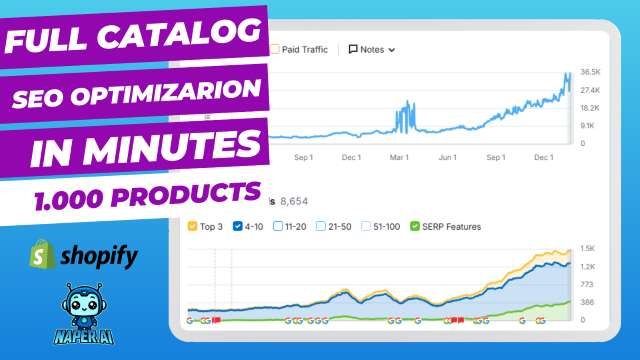Enhanced
Product Pages
Template system deliver consistent, SEO-optimized product pages that improve indexing, and conversion rates.



Get Started For Free
Test our tools today and see the difference.
Product Enrichment
AI Tools
Add SEO to Catalog Pages in minutes
Experience faster indexing and drive more traffic with AI-powered optimization tool.
Shopify Products
and Collections Strategy

Create Collections with AI
Use the Category Tree Generator to build Collections with AI and Google data.
Categorize Products Efficiently
Assign products to Collections via Data Center for streamlined SEO.
Enrich for Maximum Impact
Bulk enrich Collections and Products using standardized SEO templates with AI.
Export and Rank on Google
Export your catalog to Shopify and boost your Google rankings.
Compatible with Shopify,
ecommerce and marketplaces
Get Started For Free
Test our tools today and see the difference.
How We Turned Keywords
into Revenue Machines!
We helped brands dominate search results with AI.
Turn keywords into profits with smarter SEO strategies.
These success stories prove the power of AI for ecommerce growth.

Achieved 2,000 keywords on Google’s first page.
Improved organic visibility with AI-driven product listings and category optimization.

Grew from 160 to 2,200 keywords on Google’s first page.
Achieved top search rankings with advanced product and category optimization tools.

Jumped from 6,000 to 37,000 keywords on Google’s first page.
Leveraged AI-powered enrichment to dominate search rankings and boost traffic.
How much Naper AI cost?
Naper.ai plans include monthly AI Credits for your ecommerce tasks.
Enrich a field for 1 credit, a product listing for 5 credits, or generate a category tree for 5 credits.
Save more with annual plans and buy extra credits anytime.
6.000 AI Credits / year
($0.05 each extra credits)

60.000 AI Credits / year
($0.05 each extra credits)
Shopify SEO Experts
Enterprise Services
Schedule a call to discover our services.
SEO For Ecommerce
Grow your e-commerce visibility.
Catalog Enrichment
Scale your catalog refinement.
Product Listings and Ecommerce SEO
Increase Organic Traffic (SEO)
Enhance visibility and attract more visitors.
Improve Conversion Rates
Turn more visitors into customers.
Drive Sales and Revenue
Grow your business with optimized listings.
Product Management
Simplify catalog updates and reduce errors.
Enhance Product Discovery
Make products easier to find and buy.
Scale Effortlessly
Expand your store without extra effort.






























